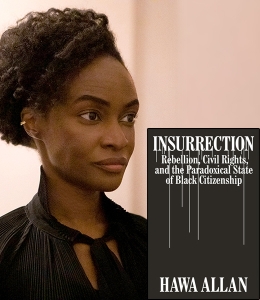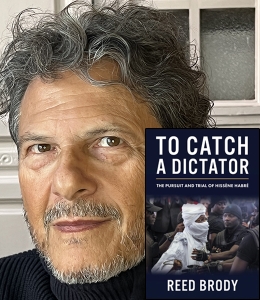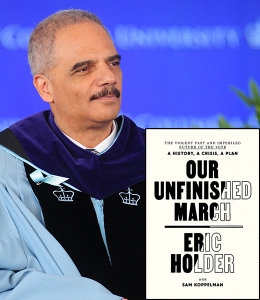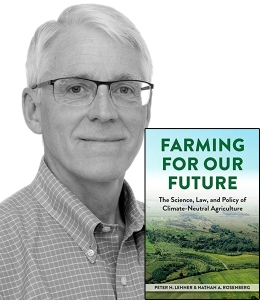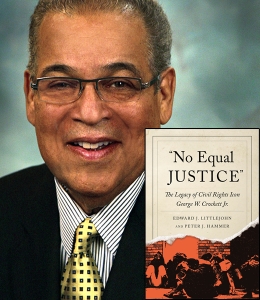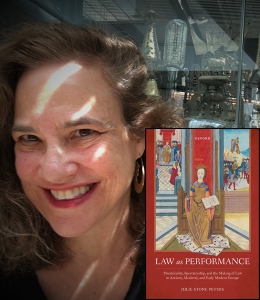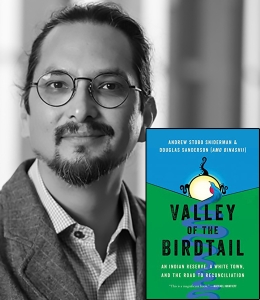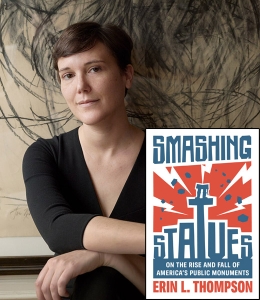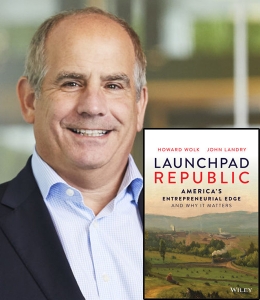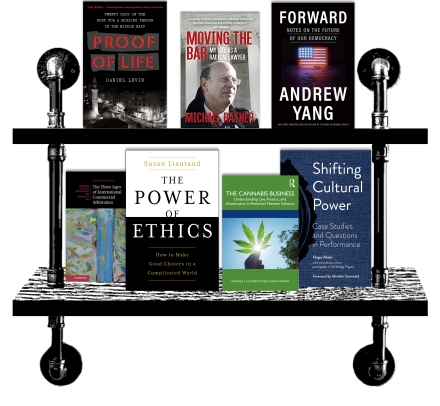From Voting Rights to Farming’s Future: The Year in Alumni Books
Over the past year, alumni have published nonfiction books covering legal topics from climate change to voting rights to the January 6 riot at the U.S. Capitol.

A professor of art crime, a former attorney general, and a leading expert on African American legal history are among the Columbia Law alumni authors who published nonfiction books in 2022.
